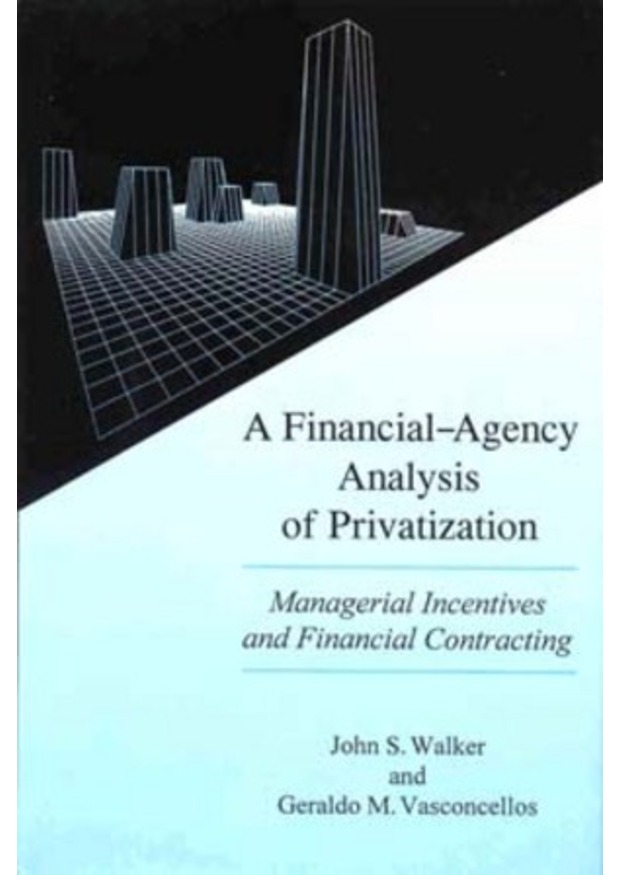Managerial Incentives and Financial Contracting
This monograph analyzes two important questions that arise during the privatization of a state-owned enterprise: who should the chief executive officer be, and what financial contract should be offered to the CEO?
Immediately after a state-owned enterprise is sold, the chief executive officer's role becomes more critical as the enterprise takes measures to adjust to new ownership. It is at this point in a state-owned enterprise's chronology that assessing and monitoring the executive's performance becomes more important and more difficult. Privatization of an enterprise expands the remuneration alternatives that can be used; for example, the executive can be rewarded with ownership rights.
The authors argue that resolution of the CEO selection and financial-contracting problems can accelerate efficiency gains realized by the enterprise. They also identify several key points that shareholders should consider when designing a financial contract that has the incentives to encourage the chief executive to take the necessary measures to lead the enterprise through successful transition to the private sector and that exploits new remuneration alternatives available under ownership by the private sector.
An empirical methodology is presented for analyzing an enterprise's privatization, looking for evidence that financial-agency conflict has changed as a result of the shift from public-to private-sector ownership. The results of two British privatization case studies - British Airways and Enterprise Oil - are also presented.
British Airways is an example of a privatization that closely follows the four-stage model specified by the authors. After a long period of public ownership (stage one), the British government announced that British Airways would be privatized in 1979. Because shares did not go on sale for almost another eight years and sale of assets was not completed until the end of 1987, the airline operated for a considerable period of time while privatization was being prepared and executed (stage two). Evidence is presented that is consistent with the conclusion that behavior associated with financial-agency conflict did change during the two years leading up to the sale of British Airways. Evidence of behavioral changes post privatization (stages three and four) was inconclusive.
The case analysis of Enterprise Oil provides a contrast to the British Airways case. The formation of the public sector-owned Enterprise Oil was part of the government's liberalization of the gas industry. Rather than operating under public-sector control for any appreciable time, Enterprise Oil was readied for sale and sold to the private sector promptly after its formation. Walker and Vasconcellos demonstrate how their analytical methodology can be adapted to this contrasting case of privatization and present evidence that is consistent with changing financial-agency conflict post sale of the enterprise.













